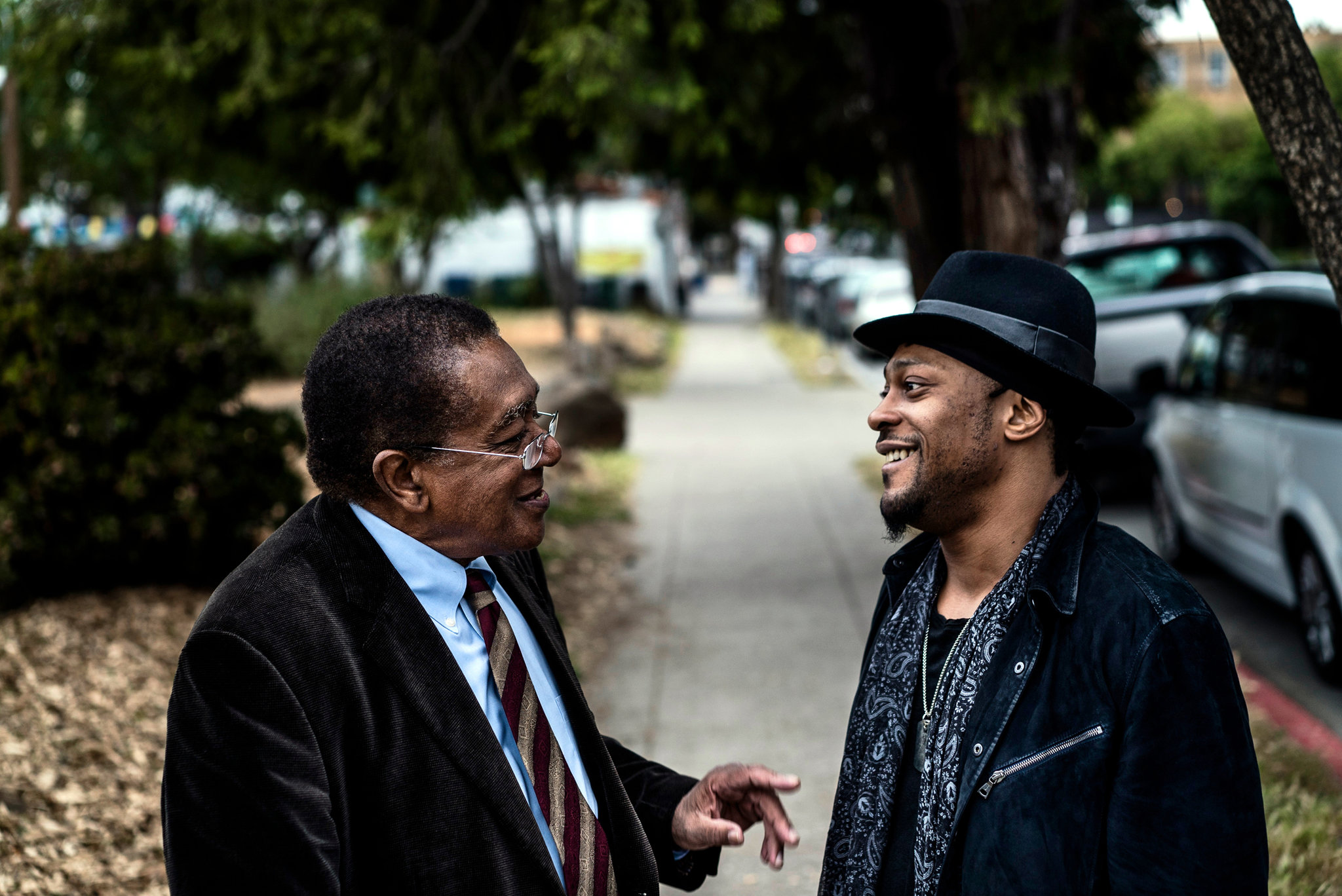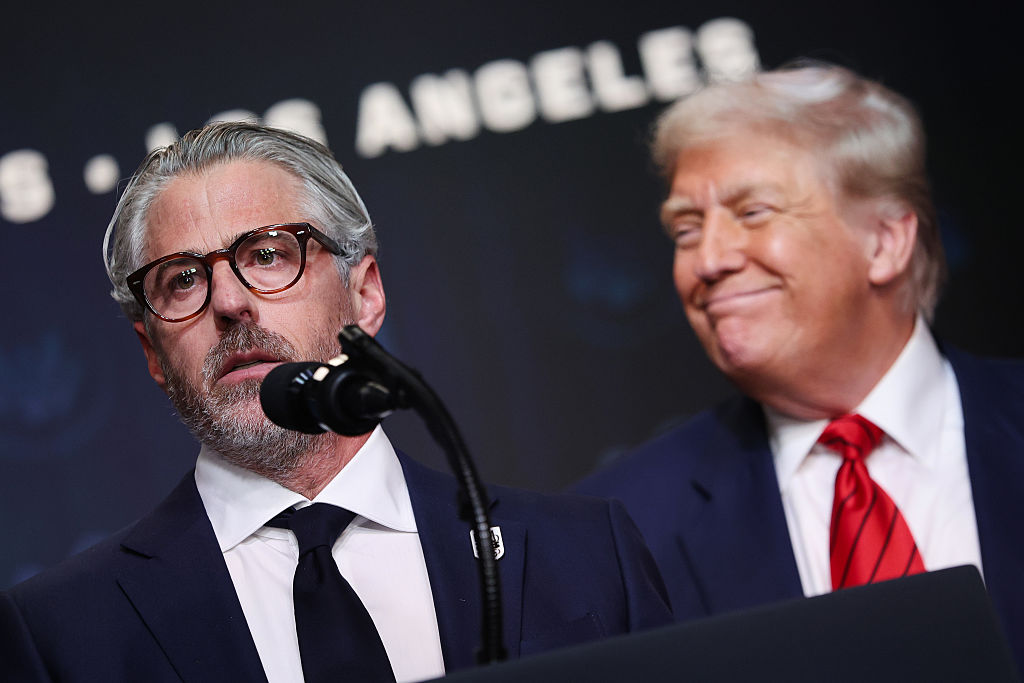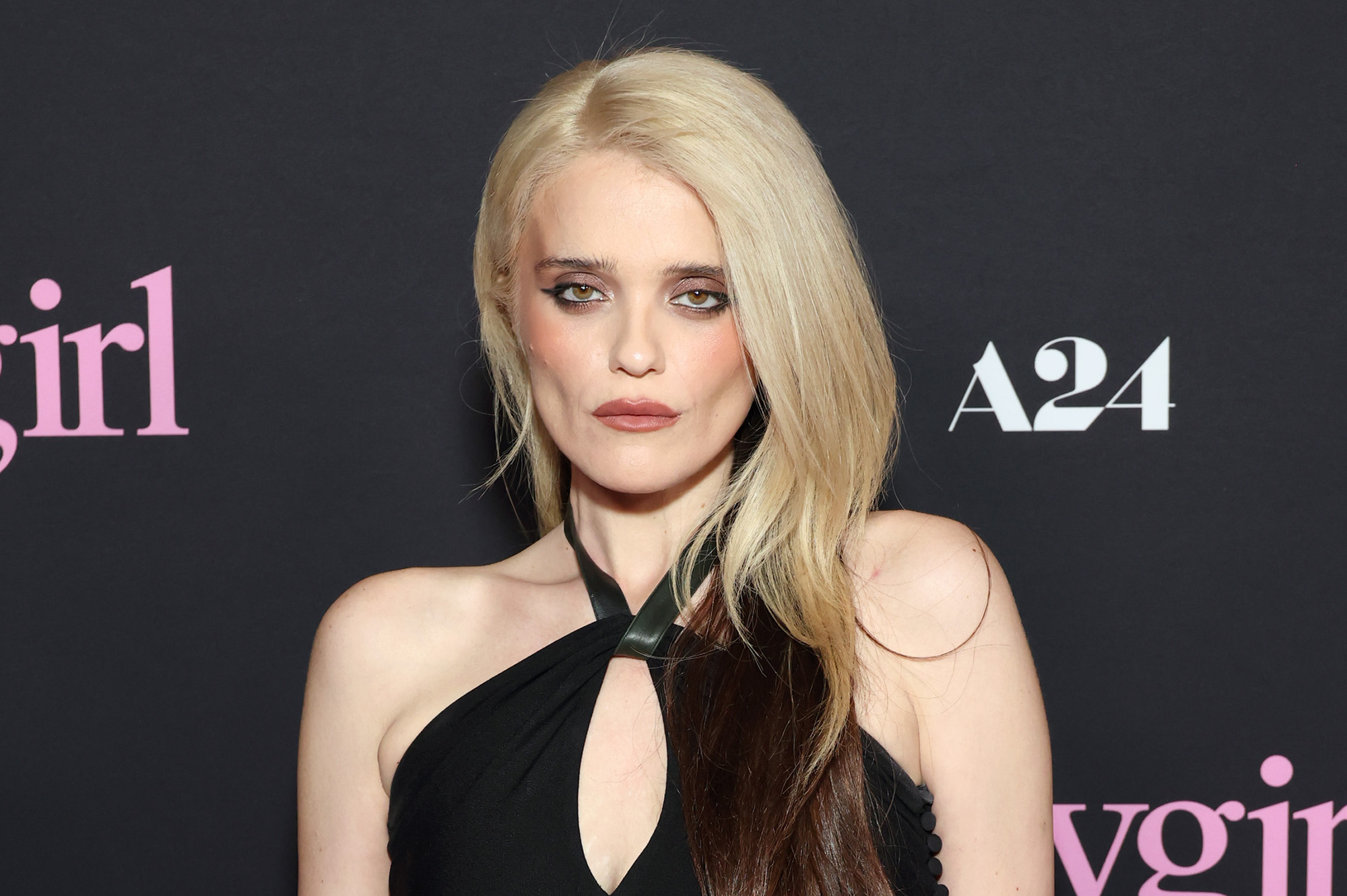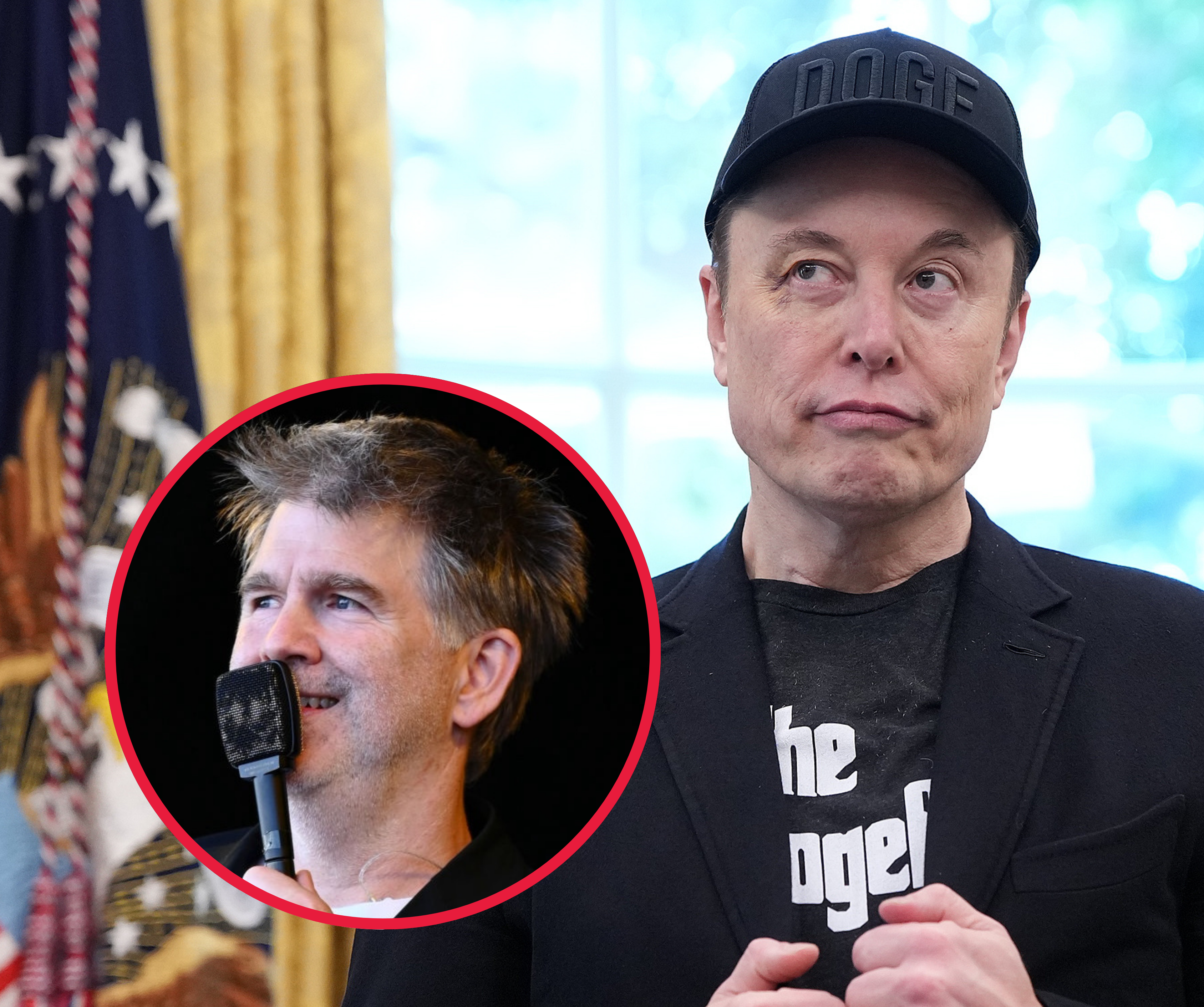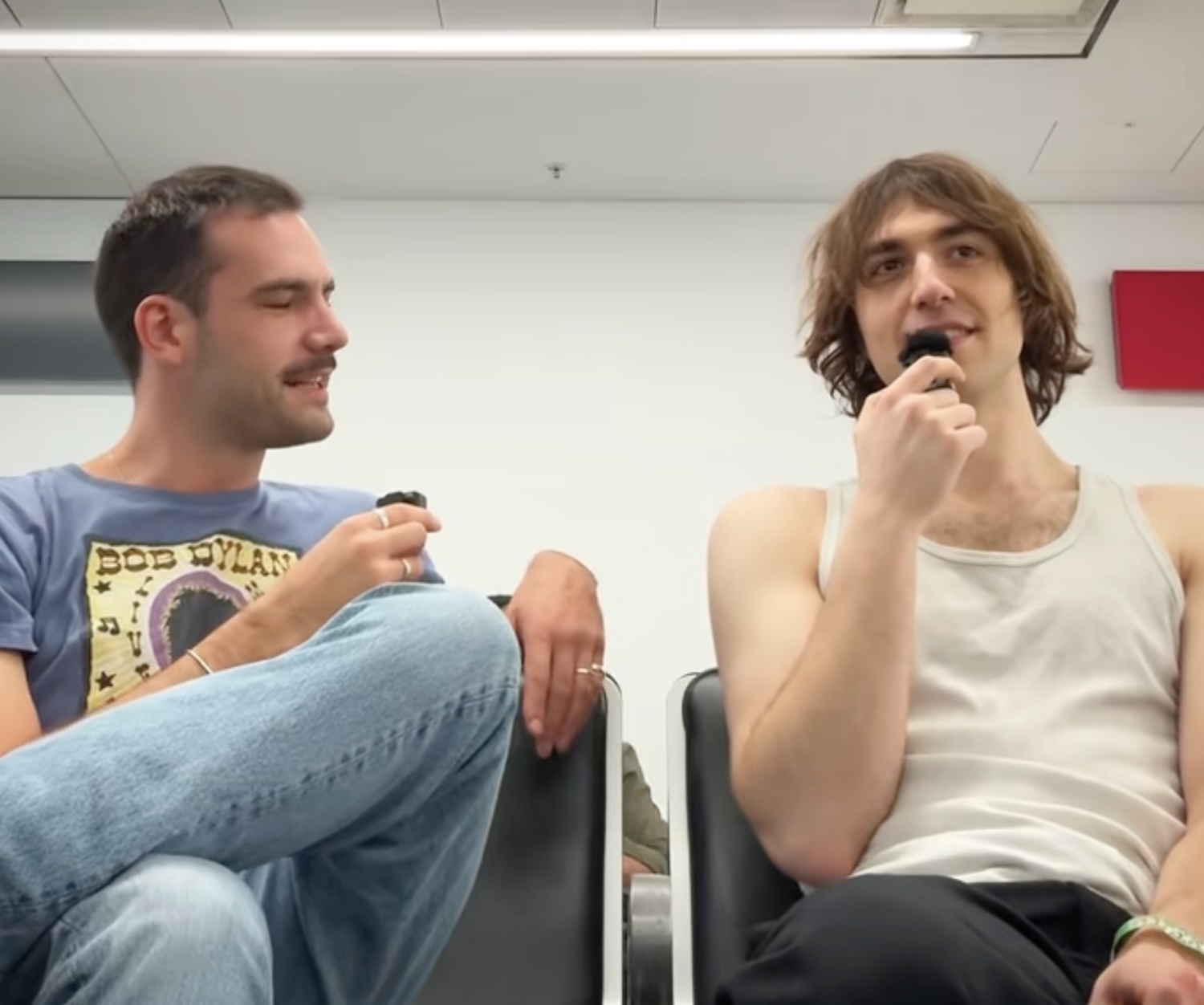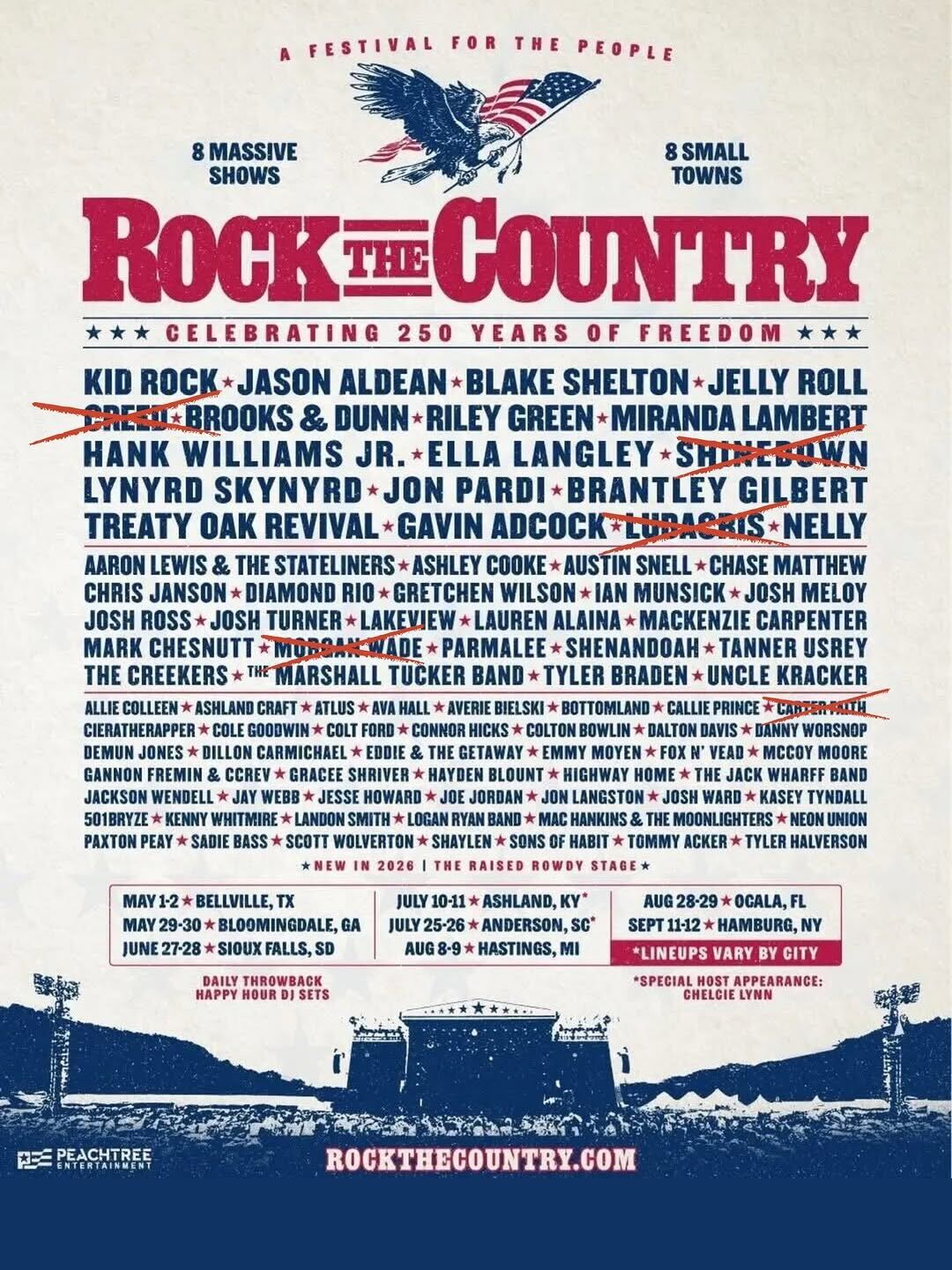On last year's stunning Black Messiah, D'Angelo directly confronted the realities of being black in America and this country's long history of institutional racism, so it's no surprise that he has a lot to say about racial injustice. For his second official interview since the release of Black Messiah, D'Angelo brought a New York Times reporter along to a discussion of politics and current events with activist and Black Panther Party co-founder Bobby Seale. "This is a dream," D'Angelo said of their meeting. "It's very rare you get to meet one of your heroes."
In their conversation, D'Angelo again brought up the promised "companion piece" to Black Messiah, which he says will be released this fall. The record will include a song called "Go And Tell Bro" with the chorus "Every time I turn my head, it's the same old thing again, ain't much different now than it was back then." As D'Angelo said to Seale, "There's so many parallels going on between now and your time. And it's the same fight with the police."
Seale spoke about the importance of youth activism and effecting change through electing progressive political officials, while D'Angelo specifically addressed music's role in activism and social change:
Now more than ever is the need to sing about it and to write songs about it. And no one’s doing it. There's only a chosen couple of people. I think it just takes one little snowflake to start a snowball to go down the hill. My contribution and say, Kendrick Lamar’s and some chosen others' start the snowball. That's all I can hope for. I don’t know if I'm comfortable being quote-unquote a leader. But I do realize and understand that my role as a musician, and in the medium that I am, that people are listening to me. Kids are listening to me. We have power to influence minds and influence lives. So I respect that power. I really do. I'm not putting myself on a pedestal or anything like that. I think that's dangerous. When you start playing with that, and you're not careful, you can get yourself into trouble.
...Coming up, the music of my era was very conscious. I grew up on Public Enemy, and it was popular culture to be aware. People were wearing Malcolm X T-shirts and Malcolm X hats. It was a very cool thing to know who Malcolm X was. It was all in the lyrics. It was trendy to be conscious and aware. Now the trend ... it's just [expletive]. But to tell you the truth, there are a lot of people who feel the same way that I feel and that are making great music, conscious music. But for some reason or another it seems like the gatekeepers are not allowing that stuff to filter through to the mainstream. Kendrick Lamar, he’s an example of someone who is young and actually trying to say something. Who else? You got Young Jeezy and Young Thug. You know what I'm saying? It's stupid. It's ridiculous.
...It's really about awareness. Before you can really change anything, you have to know what it is that you’re trying to change. You have to know the forces that are against you and that are trying to break you down. We talk about the problems facing the black community: the decimation of the black family; the mass incarceration of the black man; we're talking about the brutality against black people from the police. The educational system...I say this in my song "The Charade": "Crawling through a systematic maze of demise." Because it really is a systematic decimation of us. And in order for us to change it, we've got to first realize that that's what's happening to us. It needs a true agenda, a central committee, some type of leadership. Otherwise it does just end up being a hashtag, #Black Lives Matter. I do think it's more than a statement. It's a movement. I'm scared, though, that it’'s in danger of not going anywhere. It's just going to fizzle.
"You have to keep it going. You can't let it quiet down," Seale replied. You can read the entire interview here.
